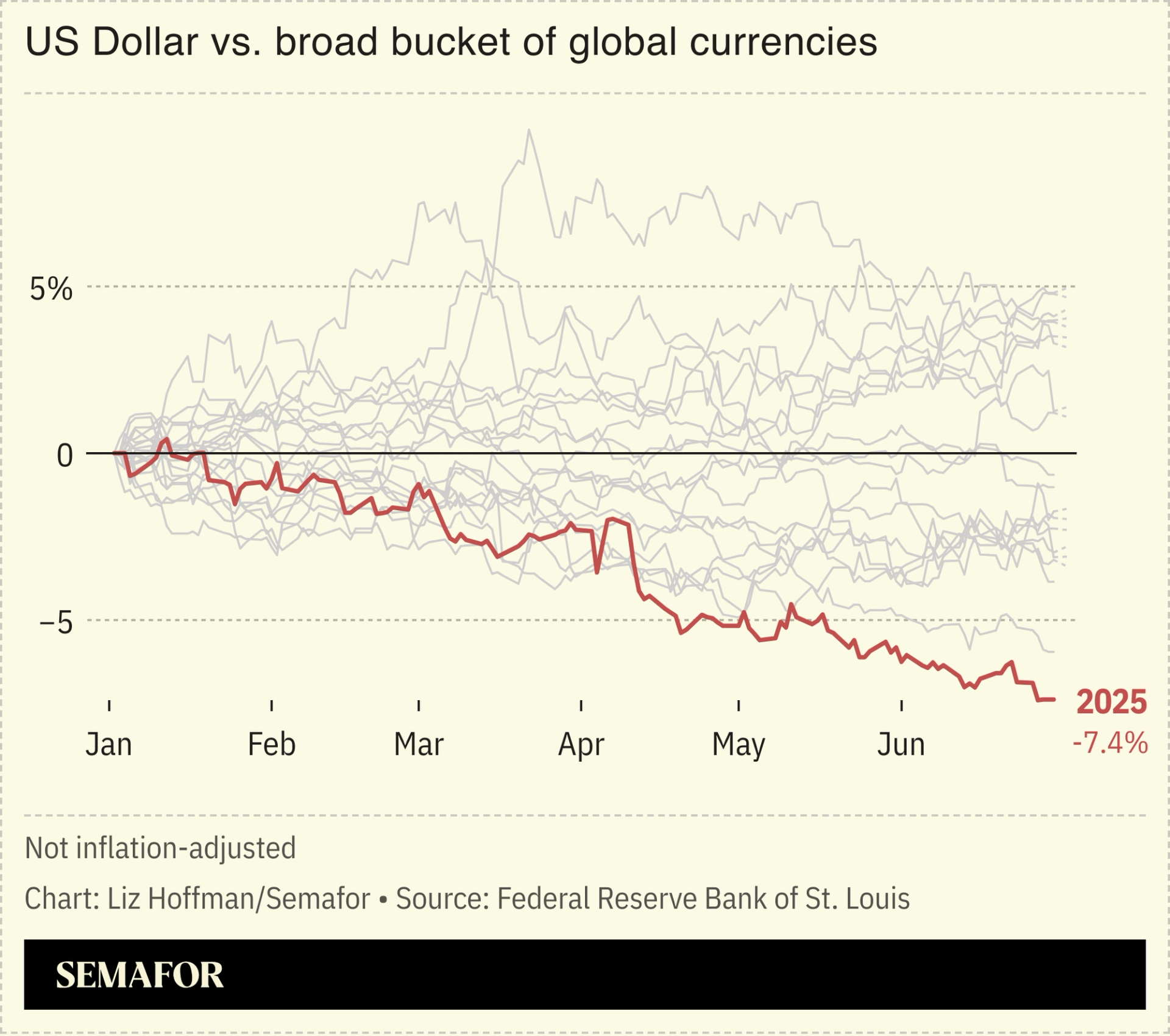BRUSSELS — Hungarian Prime Minister Viktor Orban once again stands in the way of aid to Ukraine, and this has, once again, angered the other 26 European Union member states. Ahead of Thursday’s E.U. summit to secure over $50 billion in funds, the bloc seems more willing than ever to stand up to Orban — or at least to threaten him. Whether this approach will be effective remains uncertain. The ongoing feud between Brussels and Budapest has escalated in recent months, with Orban obstructing the aid at a critical moment for Ukraine, according to officials and diplomats.
Most E.U. countries are now viewing the funding for Ukraine as an urgent, if not “existential,” matter due to concerns about the situation on the battlefield and the stalled support from the United States. Orban is increasingly perceived as a serious threat to the collective efforts to counter Russian influence on the continent. Consequently, the bloc is exploring new ways to bypass the Hungarian veto in the short term and is advocating for changes to E.U. rules on unanimous voting in the longer term.
Daniel Freund, a German member of the European Parliament with the Greens political group, stated, “More and more are considering that this way of functioning with unanimity on these key questions is making us weak, is making us vulnerable and that this is probably something that we need to change.” Any potential changes to the E.U. rules could take years to materialize. In the meantime, the focus is on finding a way to navigate the situation sufficiently to support Ukraine.
During a summit in December, the E.U. managed to make progress on Ukrainian accession by having the Hungarian leader leave the room for the vote. Ahead of Thursday’s summit, E.U. officials are still attempting to work with Orban. If unsuccessful, they will explore other options to exclude him.
Working with Orban entails understanding his demands, which E.U. officials say are unclear. Top E.U. officials, including French President Emmanuel Macron, have tried to ascertain his requirements. One of Orban’s priorities is the opportunity to review the budget annually. While reaching an agreement on this is possible, any deal would need to address concerns that reviews could lead to further conflicts between Budapest and Brussels and keep Ukraine’s funding in a state of uncertainty.
Orban’s actions may also be aimed at pressuring Brussels to release the remaining frozen E.U. funding due to rule-of-law concerns. Additionally, he may be leveraging the standoff to appeal to populist sentiment at home and rally E.U. skeptics ahead of the upcoming European elections in the spring.
If Hungary remains unyielding on Ukraine, an interim plan would involve the 26 other E.U. member countries contributing to Ukraine outside of the E.U. budget. However, this approach would necessitate extensive coordination and potentially the involvement of some parliaments.
Some E.U. officials and diplomats have also raised the prospect of employing a mechanism to suspend Hungary’s voting rights, known as Article 7.2, in cases of “serious and persistent breach by a member state of the founding values.” However, experts indicate that this option is unlikely to be pursued at present. There are concerns about potential backlash and the effectiveness of such actions.
This week, the Financial Times disclosed a Council of the E.U. document suggesting a deliberate effort to undermine faith in Hungary’s economy to compel Orban to negotiate. Jacob Kirkegaard, a senior fellow at the German Marshall Fund, interpreted this as a message to Hungary’s leader. Orban responded by asserting on Twitter that “Hungary cannot be blackmailed.”














